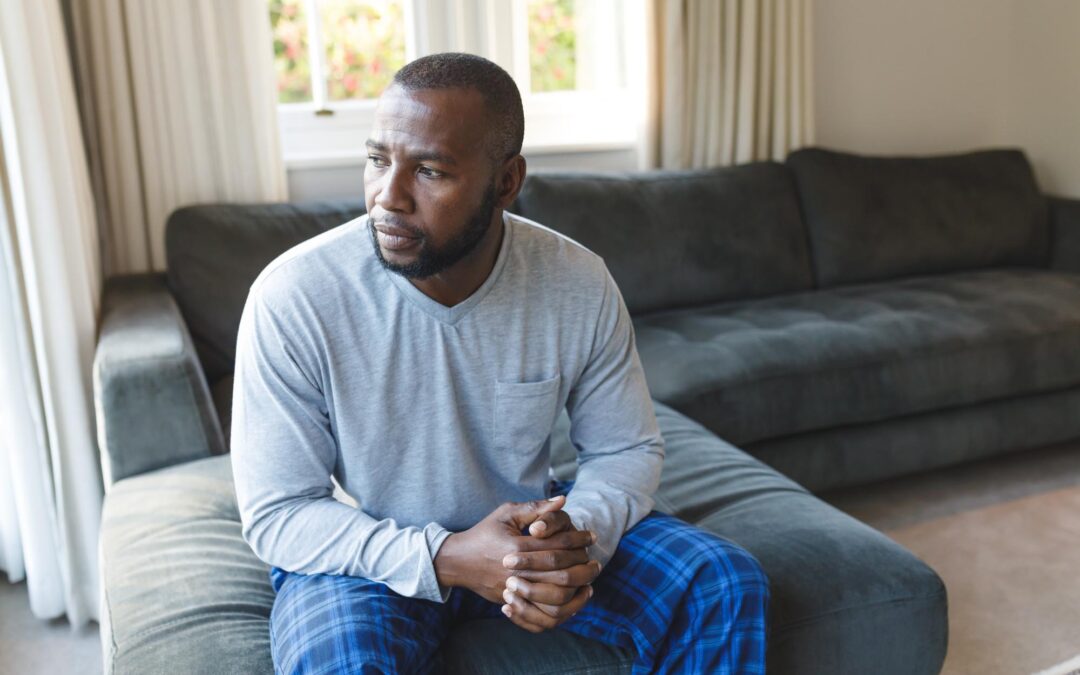Introduction
Addiction is a disease that impacts not only the individual struggling with it but also their entire family. Consequently, witnessing a loved one battle addiction can be a confusing and emotionally draining experience. As a result, there may be feelings of anger, guilt, shame, and helplessness. However, despite these challenges, there is hope. Indeed, research shows that family involvement in rehab is a crucial factor in achieving lasting recovery.
This article will explore the many benefits of family involvement in rehab, how CNV Detox supports families, and the resources available to help navigate this journey.
Understanding the Impact of Addiction on Families
Addiction profoundly disrupts family dynamics, erodes trust, and impedes effective communication. Consequently, family members may unintentionally enable addictive behaviors while trying to “fix” the situation. This well-meaning but misguided approach can lead to escalating feelings of resentment, frustration, and codependency.
Nevertheless, it’s crucial to remember that addiction is a disease rather than a moral failing. By educating themselves about the nature of addiction and adopting healthy coping mechanisms, families can transform into a powerful source of support for their loved ones. As a result, they play an essential role in fostering recovery and healing.
Benefits of Family Involvement in Rehab
Research consistently demonstrates that family involvement in rehab can significantly enhance outcomes for individuals battling addiction. Engaging family members in the recovery process offers several key benefits:
- Improved Communication: Family therapy sessions provide an opportunity for families to learn how to communicate more effectively. This involves expressing needs clearly and setting healthy boundaries. As a result, a more supportive and understanding environment is created for the person in recovery. Consequently, improved communication helps to strengthen family dynamics and support the recovery journey.
- Reduced Relapse Risk: A strong family support system acts as a vital safety net for individuals in recovery. This support can assist in resisting cravings and managing triggers. Moreover, family members can be educated to recognize early warning signs of relapse and take appropriate action with professional guidance. Therefore, the presence of a supportive family can significantly lower the risk of relapse.
- Shared Understanding: Addiction often carries a social stigma, which can create barriers to effective support. By participating in rehab programs alongside their loved ones, families gain a deeper understanding of the challenges associated with addiction. This shared experience fosters empathy and helps family members to provide more effective support. In essence, knowledge is power, and understanding the nature of addiction can lead to more meaningful and supportive interactions.
- Strengthened Relationships: The recovery process can be transformative not only for the individual but also for their family. Furthermore, family involvement in rehab can facilitate the rebuilding of trust, repair broken relationships, and promote forgiveness. As a result, through this process, families can grow closer and develop a more resilient and supportive bond.
Overall, involving family members in rehab not only benefits the individual in recovery but also enhances the family’s ability to support and nurture the recovery journey.
How CNV Detox Supports Families
CNV Detox deeply recognizes the critical importance of family involvement in rehab. Consequently, we offer a range of comprehensive family programs specifically designed to empower loved ones and guide them through the healing process. These invaluable programs include:
- Family Education Sessions: Our educational workshops equip families with essential information about addiction, various treatment approaches, and effective relapse prevention strategies. By providing this knowledge, we ensure that families are well-informed and prepared to support their loved ones.
- Family Therapy: Through our experienced therapists, families engage in open communication and develop healthy coping mechanisms. This therapeutic process not only strengthens family bonds but also fosters a supportive environment conducive to healing.
- Support Groups: Additionally, family members have the chance to connect and share experiences with others facing similar challenges. These support groups, such as Al-Anon and Nar-Anon, provide a safe space for emotional support and mutual encouragement. By participating in these groups, families can feel less isolated and gain valuable insights during their recovery journey.
Moreover, CNV Detox is committed to offering individual therapy sessions for family members who may be grappling with their own emotional well-being. This additional support ensures that all aspects of family health are addressed, contributing to a more holistic approach to recovery.
Resources for Families
There are many resources available to help families support their loved ones in recovery. Here are a few:
- The National Institute on Drug Abuse (NIDA)
- The National Council on Alcoholism and Drug Dependence (NCADD)
- Al-Anon Family Groups
- Nar-Anon Family Groups
Tips for Families Supporting a Loved One in Recovery
Supporting a loved one through recovery can be challenging yet rewarding. To navigate this journey effectively, consider these tips:
- Practice Empathy: Addiction is a disease, not a choice. Thus, approach your loved one with patience, understanding, and compassion. Avoid blame or shaming. By practicing empathy, you foster a supportive environment that encourages healing and positive change.
- Set Boundaries: Healthy boundaries are vital for balance and well-being. It’s okay to say no to requests that harm your mental or emotional health. Setting boundaries protects your well-being and supports your loved one’s recovery.
- Take Care of Yourself: Self-care is essential when supporting someone in recovery. Prioritize your physical and emotional health by engaging in enjoyable activities. Additionally, connect with supportive friends and seek professional help if needed. Self-care enables you to support your loved one better.
- Avoid Enabling Behavior: Enabling can hinder recovery and prevent your loved one from facing natural consequences. Avoid rescuing them, as this impedes their growth. Instead, support them in taking responsibility for their actions.
- Celebrate Successes: Recognizing and celebrating achievements, no matter how small, boosts motivation and self-esteem. Acknowledge their progress to encourage continued effort and contribute to their sense of accomplishment.
- Build a Support Network: Connecting with other families facing similar challenges can be invaluable. Moreover, sharing stories and advice provides comfort and practical guidance. Consequently, a support network helps you feel less isolated and better equipped to handle the complexities of supporting a loved one in recovery.
By implementing these strategies, you can effectively support your loved one’s recovery journey while maintaining your own well-being.
The Power of Family Involvement in Rehab
Family involvement in rehab is indeed a cornerstone of achieving lasting recovery. By actively participating in treatment and providing consistent support, families can profoundly enhance their loved one’s chances of success. At CNV Detox, we are wholeheartedly committed to empowering families and assisting them in navigating this challenging journey.
By incorporating family involvement into your loved one’s treatment plan, you are not merely offering support but also investing in their future while simultaneously strengthening family bonds. This proactive approach ensures that your family remains united and resilient throughout the recovery process. CNV Detox is dedicated to supporting you every step of the way. Contact us today to learn more about our comprehensive family programs.
It is important to remember that recovery is a process rather than a final destination. With patience, understanding, and the benefit of professional guidance, families can play a pivotal role in helping their loved ones rebuild their lives. As you embark on this journey, know that your involvement is crucial and that we are here to assist you in making a meaningful impact.
Additional Resources:
- Substance Abuse and Mental Health Services Administration (SAMHSA): 7
- National Alliance on Mental Illness (NAMI): 8 [invalid URL removed]
Note: This article is intended to provide general information and should not be considered as professional medical advice. Please consult with a qualified healthcare provider for personalized guidance.





